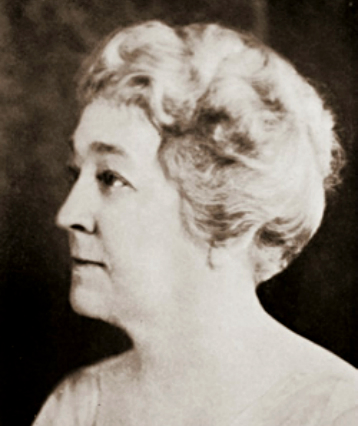Introduction
John McCrae’s “In Flanders Fields” resonated deeply with the public, even in the then-neutral United States. Three years later, when the United States had entered the conflict, Moina Michael (1869–1944), an educator and volunteer trainer of nurses, wrote “We Shall Keep the Faith,” as a response of the living to the call of the dead in McCrae’s poem. Soon afterwards, she launched the tradition of selling and wearing red poppies to aid and honor wounded war veterans. Michael’s autobiography, The Miracle Flower: The Story of the Flanders Fields Memorial Poppy, published in 1941, is dedicated to the late Lieutenant Colonel John McCrae.
Compare the mood, tone, and content of this poem with “In Flanders Fields.” Who is speaking in Michael’s poem, and how is it an answer to the summons from McCrae’s poem? How exactly do “we keep the Faith / with All who died”? The central verse concerns the red poppy. How does Michael reinterpret its meaning? What does it mean to say that “We’ll teach the lesson that ye wrought / In Flanders Fields”? What was that lesson, and how can it be taught? If we fail to teach it, will those who fell have died for naught?



 (7 votes, average: 3.57 out of 5)
(7 votes, average: 3.57 out of 5)
Post a Comment